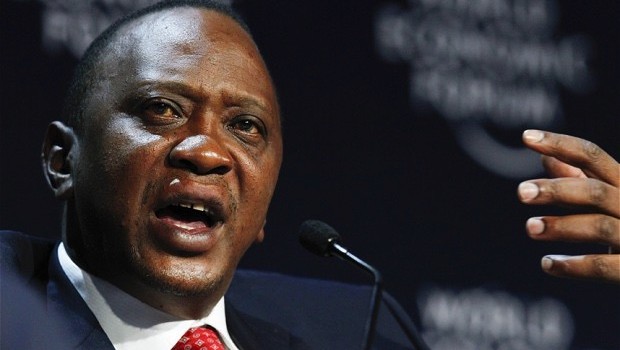As Nigeria continues to make progress on the path leading to a fully efficient power sector, the World Bank would be supporting the Power Sector of Africa’s largest economy with $1.75 billion (N324 billion) over the next four years; this is according to a statement by the Nigerian Bureau of Public Enterprises (BPE) early this week.
According to the statement made by Mr Chigbo Anichebe of Public Communications at the BPE, the bank’s Country Energy Task Team Leader for Nigeria, Mr Eric Fernstrom, declared this intention at a Capacity Building Programme on Post Privatization Monitoring for Power Sector jointly organized by the bank and the enterprise to ensure that the reform objectives were realized.
The funding came as a result of the transparency exhibited in the transaction processes and the robust post-reform measures put in place by the National Council on Privatization (NCP). Also, the $1.7 bn is, interestingly, about 25 percent of the total $7bn set aside for Nigeria and will be made available over the next four years.
This development coincided with the move of the Nigerian Electricity Regulatory Commission (NERC) to release a new regime of electricity tariffs for consumers. Dr Sam Amadi, Chairman of the NERC, declined to give details of the new tariff structure but admitted that one of its key provisions will be the shielding of residential consumers from tariff increments for 6 months.
“While we ensure that tariff is cost reflective, it will not constitute a burden on consumers. For the avoidance of doubt, there will be no increase for residential consumers for at least six months until we begin to see improvement. We expect that with more gas coming to the power plant because of these facilities and other interventions, in the next two three months, there will be increase in capacity,” he said.
The power sector challenges in Nigeria have been a great source of concern for residents and business owners in the country. The gaps in power supply have contributed immensely to the cost of doing business in the country as many entrepreneurs have had to resort to supplying themselves with electricity via generators and mini-plants, all of which require huge investments in fuel.
According to the Guardian UK, Africa’s most populous country produces less grid electricity than the Republic of Ireland. South Africans consume 55 times more energy per head, and Americans 100 times more. Over 50 percent of Nigeria’s 160 million people receive no electricity at all.
Also, the privatization initiative of the Federal Government, which was definitely a step in the right direction, does not automatically create funding; therefore more work is necessitated in order to make the sector commercially viable and attractive.
Nationals are hopeful that this move by the World Bank will contribute greatly to alleviating their burdens and spur more investments in the sector.


